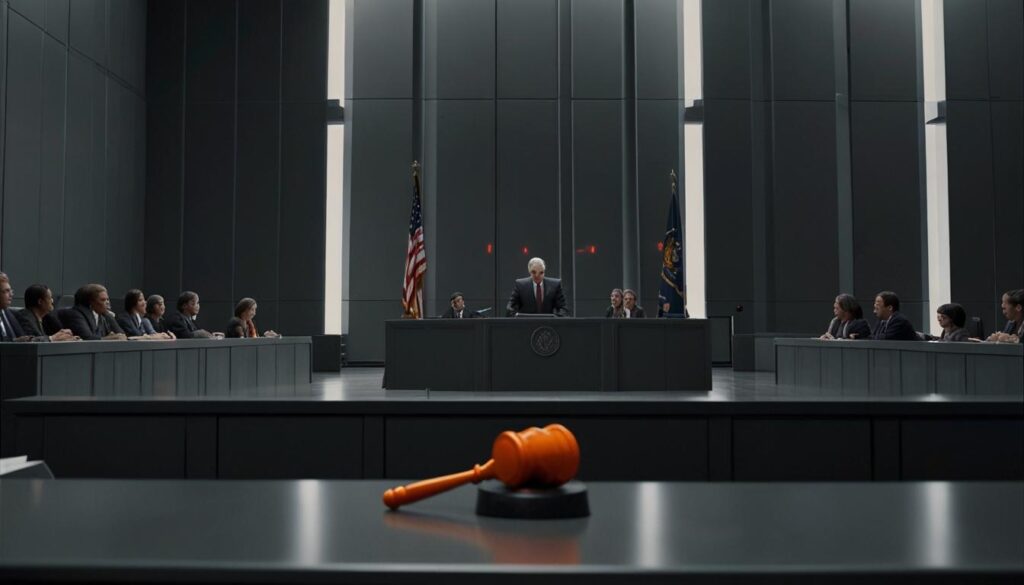A federal judge in Virginia demands explanations from plaintiff’s attorneys over dubious citations linked to AI usage, highlighting the need for accuracy in legal practices.
Federal Judge Orders Attorneys to Justify Alleged AI Misuse in Whistleblower Case
Roanoke, Virginia – In a striking legal development, a federal judge in the Western District of Virginia has demanded that the plaintiff’s attorneys in a whistleblower case explain why they should not be sanctioned over alleged misuse of artificial intelligence (AI). The attorneys are required to respond by August 14.
U.S. District Judge Thomas T. Cullen issued the show cause order after the plaintiff’s legal team submitted a brief containing citations and quotations Judge Cullen characterised as “seemingly fictitious.” The brief was filed in objection to U.S. Magistrate Judge Joel C. Hoppe’s earlier ruling granting a protective order in the ongoing case of Iovino v. Michael Stapleton Associates, Ltd. (5:21-cv-64).
According to Judge Cullen, the plaintiff’s objections were partly founded on references to legal sources and quotations that ostensibly do not exist. This anomaly was highlighted by the defendant, who challenged these citations in their opposition brief. The defendant hinted that the error might be attributed to AI usage, particularly mentioning ChatGPT, suggesting it had generated erroneous case law.
One example cited by the defence involved an inexplicable quotation purportedly from Graves v. Lioi, 930 F.3d 307, 318 (4th Cir. 2019), which did not appear in the actual Fourth Circuit’s opinion. Additionally, the plaintiff’s attorneys referenced two cases that seemingly do not exist. Despite these serious allegations, the plaintiff’s attorneys did not file a reply, prompting Judge Cullen to describe their silence as “deafening.”
Judge Cullen’s memorandum opinion underscored the potential repercussions of AI misuse. He noted that, at worst, such actions could constitute bad faith or deliberate attempts to mislead the court. However, he also recognised that the misuse might be unintentional. Nevertheless, he emphasised that attorneys employing AI or other technologies in drafting legal documents must ensure the accuracy and authenticity of all content.
In the memorandum, Judge Cullen stressed that the integrity of judicial proceedings must be preserved, and as such, an explanation is necessary to determine how the purportedly false citations originated. This clarification would also assess whether there was professional misconduct.
It is important to note that Judge Cullen did not categorically rule the usage of AI software like ChatGPT as inherently sanctionable. Instead, he maintained that attorneys who choose to utilise AI are still ultimately responsible for verifying the accuracy of AI-generated content. Failure to do so could result in disciplinary actions from both federal courts and state bars.
This case serves as a significant reminder for attorneys to meticulously check the reliability of citations and quotations produced by AI tools. Moreover, verifying the accuracy of the opposing counsel’s submissions is equally critical to maintain the standards of legal practice.
As the legal community waits for the plaintiff’s attorneys’ response, this case underscores evolving challenges and responsibilities in the age of advanced AI technologies within the legal framework.

